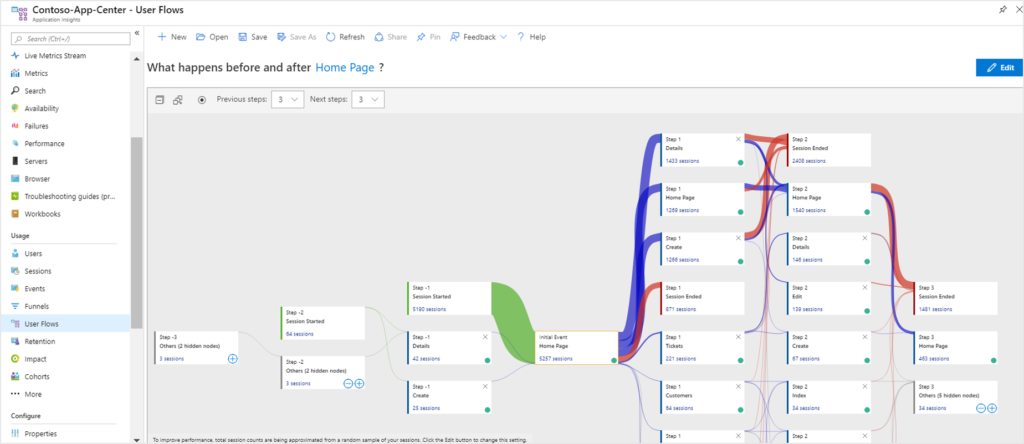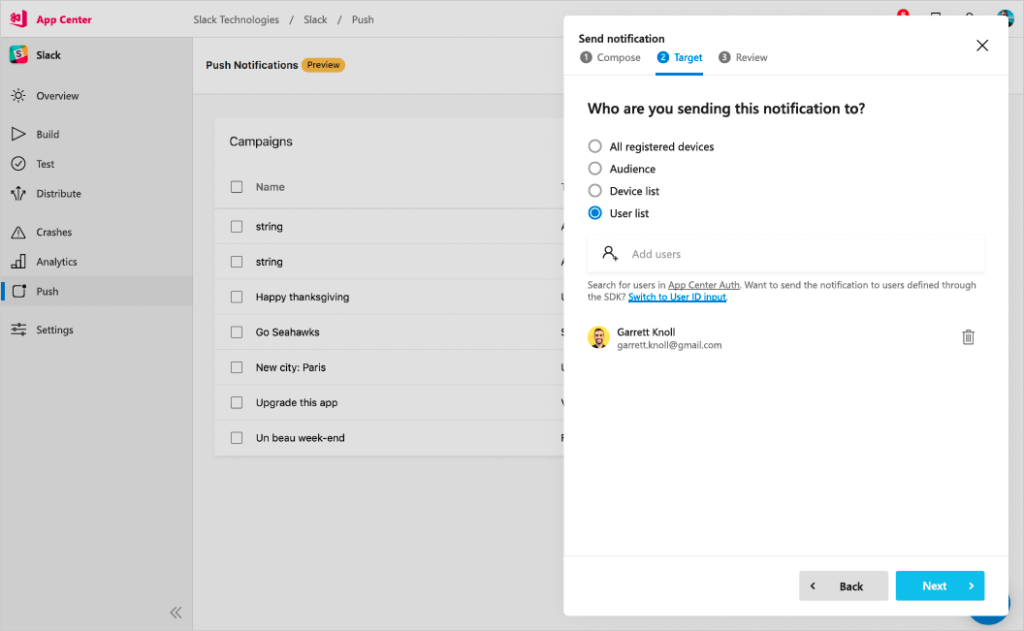There’s a lot you can do in your apps using App Center, but we also know our customers use other services in their apps as well. Successful apps typically identify users using a third-party identity service or the less popular username and password approach. These apps usually manage some sort of application data, whether it’s the user’s data shared across multiple devices or data shared across multiple users, groups, or even whole companies or divisions. Data in this context means structured or unstructured data as well as binary data such as files.






 Light
Light Dark
Dark